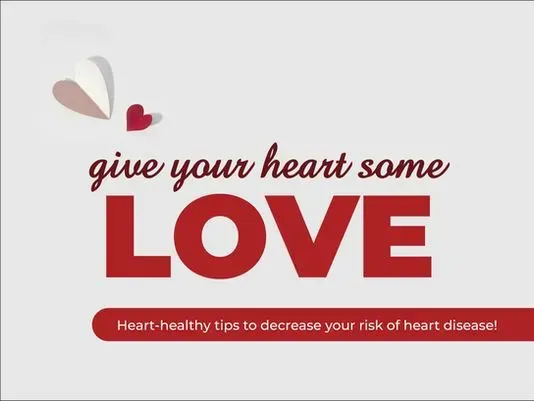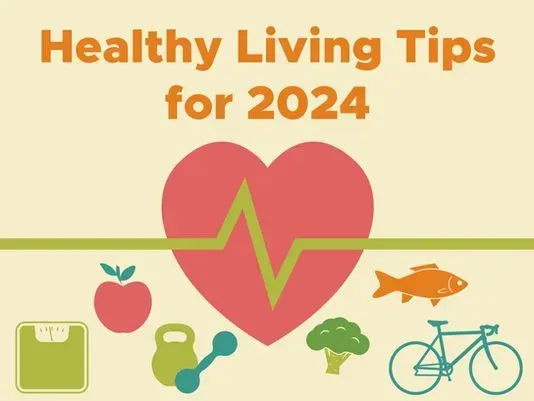Top 7 Chronic Diseases in America
Top 7 Chronic Diseases in America
It is likely that you or someone you know has suffered from some type of chronic disease. Chronic diseases, such as diabetes, stroke, or cancer, are more common than one might think and are the leading causes of death and disability in the United States. (1)
What is Chronic Disease?
Chronic disease is defined as a condition that lasts 1 year or longer and requires ongoing medical attention, limits daily activities and living, or both. (2) They can affect any part of the body and may or may not be curable (4). In the United States, 6 in 10 adults have some type of chronic disease, and 4 in 10 adults have two or more chronic diseases. Some of the most common chronic diseases, such as heart disease, cancer, and diabetes are the leading causes of death and disability and are the leading drivers of the nation’s $4.1 trillion in annual health care costs. (2)
Many chronic diseases are caused by a short list of risk behaviors, but can also result from a combination of genetic, physiological, environmental, and behavioral factors. (3) Other risk factors include raised blood pressure, overweight/obesity, hyperglycemia, and hyperlipidemia. Here are some of the most common lifestyle risks: (1)
- Tobacco use & exposure to secondhand smoke (2): Using tobacco or being exposed to secondhand smoke increases your risk of poor health and chronic disease.
- Poor nutrition: Having a well-rounded diet and drinking plenty of water is key to keeping yourself healthy.
- Lack of physical activity: Staying active is important in maintaining a healthy lifestyle.
- Excessive alcohol use: This includes binge drinking, heavy drinking, and using alcohol while pregnant.
Most Common Chronic Diseases
In the United States, chronic diseases are the leading cause of death and disability. Knowing the top offenders can help you understand if you may be at risk, allow time to get an early diagnosis, and start to manage the disease. Here are seven of the most common chronic diseases in the United States.
Heart Disease
This chronic disease includes many different heart conditions, the most common being heart attacks. Heart disease can affect any part of the heart and can result from a number of reasons. Although this disease is thought of typically only affecting men, it is the leading cause of death for both men and women in the United States.
Cancer
Cancer occurs when cells become damaged and begin to reproduce rapidly, creating a tumor that can spread to other parts of the body. It can affect any part of the body and comes in many forms.
Chronic Lung Disease
Also known as chronic obstructive pulmonary disease (COPD), this covers a wide range of conditions affecting the lungs. Breathing becomes more difficult as the airflow to the lungs is restricted. Nearly 16 million Americans have some form of chronic lung disease. (4)
Stroke
A stroke occurs when blood is blocked from reaching the brain or when a blood vessel in the brain bursts. Affecting nearly 800,000 people each year, around 150,000 of them will die, making stroke the fourth leading cause of death in the United States. (4)
Alzheimer’s Disease
A disorder of the brain, Alzheimer’s disease is progressive and worsens over time. Patients generally only live an average of eight years after diagnosis, making this the sixth leading cause of death in the Unites States. (4) Symptoms of Alzheimer’s disease include memory loss, strange behavior, disorientation, poor judgement, and more.
Diabetes
This chronic disease happens when there is consistently too much glucose in the blood, resulting in high blood sugar levels which may lead to even more health issues. Type 1 diabetes is genetic and can be passed down to offspring, while type 2 diabetes is developed over time through poor diet, especially from consuming too much sugar.
Chronic Kidney Disease
When kidneys are damaged, they are unable to filter your blood correctly, leading to kidney disease. Symptoms of Chronic Kidney Disease include nausea, vomiting, fatigue, and urination frequency.
If you or a loved one are experiencing any of the symptoms mentioned above, seek medical attention to check for indicators of chronic illness. (4)
Prevention & Control
Early identification of a chronic disease is crucial to ensure you get the maximum support. It is also important to follow these seven steps to help reduce the risk of chronic disease and manage current chronic diseases. (5)
- Managing your blood pressure. A major risk factor for heart disease, stroke, and other chronic conditions is having high blood pressure. Understanding what high blood pressure is, what it looks like, and how it can affect your body and heart will help you stay healthier and prevent you from a possible heart attack or stroke.
- Controlling your cholesterol. Having high cholesterol increases your risk for cardiovascular disease. Talk with one of our pharmacists about what high cholesterol is and what your cholesterol levels mean. We can give you tips on how to improve your levels.
- Reducing blood glucose levels. High levels of blood glucose can lead to diabetes. Gaining a better understanding of what raises your glucose levels, such as what foods you should or should not eat, can help manage your sugar intake. Watching what you eat is an important step towards eating healthier and living a healthy lifestyle.
- Getting active. About 80 percent of adults and adolescents in the United States do not get as much physical activity as they should. While it may be hard for some to incorporate physical activity into their daily lives, it is important to get at least 150 minutes per week. (5) Being physically active, even if it’s taking a short walk or doing yoga, can significantly improve your quality of life. Staying active can help with heart health, improve thinking skills, control weight, and boost energy levels. (6)
- Eat healthier. Maintaining a healthy diet is one of the best ways to prevent and manage chronic disease. Making simple changes to your diet, such as consuming less sodium and sugar, can help prevent high blood pressure and lower your glucose levels.
- Lose weight. Having a high body mass index can lead to increased risk of chronic disease. Taking steps to lose weight through diet and exercise can make a huge difference in your overall health, even if it is only a 5 percent weight loss.
- Stop smoking. Smoking cigarettes rapidly increases your chances of developing cardiovascular disease, which may lead to other chronic diseases. Many individuals turn to electronic cigarettes or vapes, but these often contain harmful chemicals.
Chronic Diseases can be difficult to understand and manage, especially if you or a loved one was recently diagnosed. Living a healthy lifestyle and knowing the risks can be beneficial to understanding the condition and learning how to manage it.
Services
Quick Links
Contact Us
Mon - Fri : 9AM - 6PM
Sat - Sun : Closed



